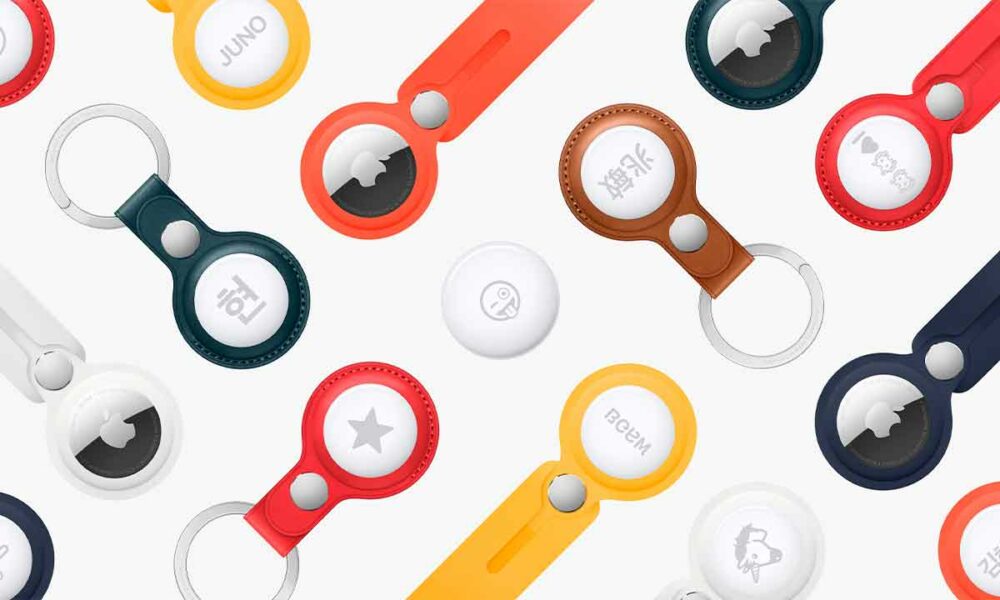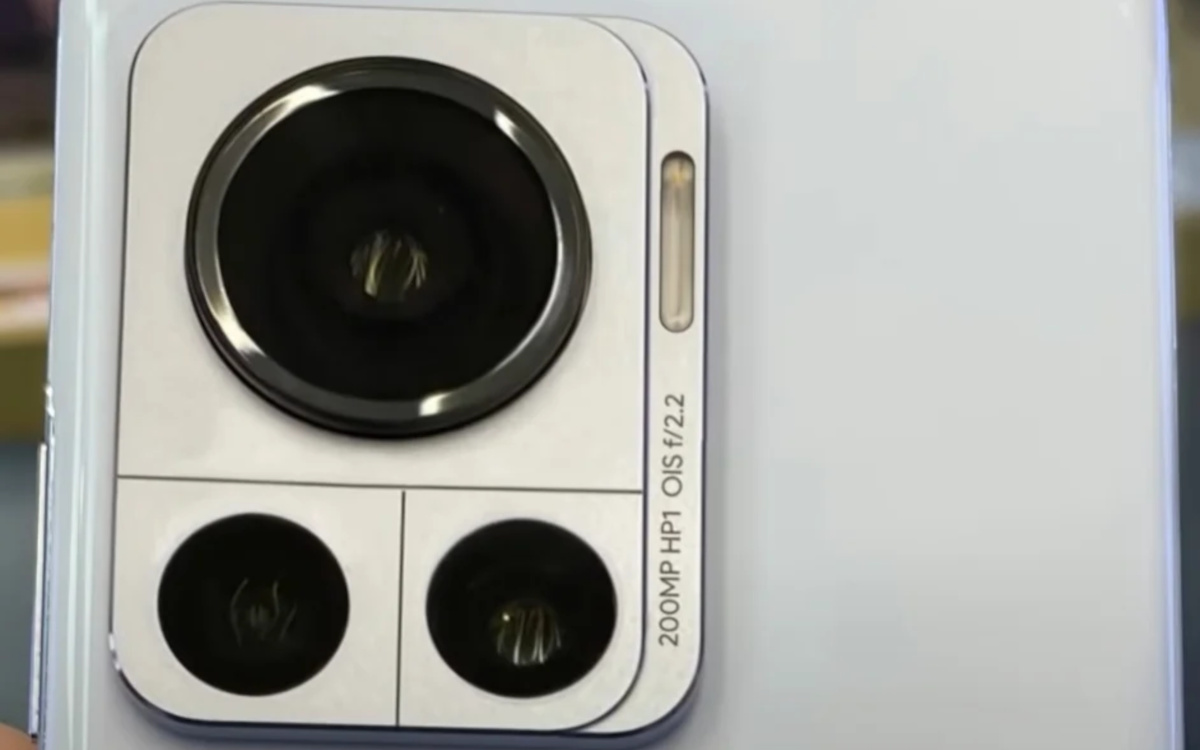
The geolocation tags market, and I understand that Google is aware of this, is a somewhat complicated market. Next April it will be two years since Apple presented its AirTags and soon after, we already began to hear about the malicious use of these tags, such as the Good Samaritan attack, which abuses the good intentions of people to try to endorse something to them. of malware, or its use to illegitimately track the location of the victims of its misuse. And although not with such relevance, but the same can be said of the Samsung SmartTags.
It is true, however, that we are talking about a fairly “young” technological proposal, which is still in its first generation (and what would a first generation be without security problems?) and which, therefore, is susceptible to improve exponentially in this regard by evolving. There are several challenges that those responsible face, but if the world of engineering has shown us anything, it is that there are far fewer impossible things than we could have imagined a few years ago, and this not only applies to the present.
Something important for such an evolution to take place is that this market, that of geolocation tags, arouses the interest of more users and more companies, since this enriches the ecosystem and, at the same time, stimulates technology companies to give their best. themselves, rather than settle for doing more of the same. Only if critical mass is reached across both counters, users and businesses, can we be truly optimistic about it.
Google is working on a smart tracker similar to Apple’s AirTag, codename “grogu” – report 🧵👇 pic.twitter.com/8K6KO7tfzj
—Kuba Wojciechowski⚡ (@Za_Raczke) January 16, 2023
For this reason, and according to what we can read in Mashable, we can expect very interesting movements in this sector, since Google is working on its own geolocation tags, according to popular leaker Kuba Wojciechowski. According to their sources, the project is codenamed Grogu (in fact, for The Mandalorian), and these sources seem quite reliable, since they consist of the reference to this project in Fast Pair, Google’s software that facilitates the pairing of devices, as wireless headphones with Android devices in a very fast and easy way.
Thus, with elements of Grogu detected in the Android software, and calculating the timing, we can expect that Google’s geolocation tags will be announced together with the next generation of Pixel, at Google I/O this year, and that its arrival on the market also occurs in parallel with future Google smartphones. And, of course, the search engine company will be able to play a great asset in its favor, if it decides to integrate them into Google Maps, thus facilitating access to its information through the most widely used map service today.


